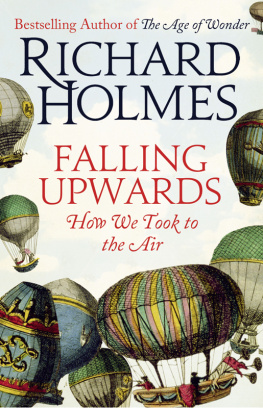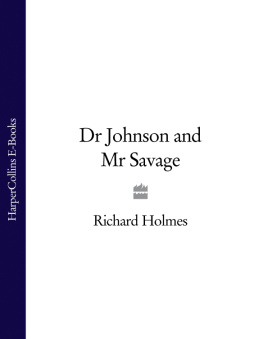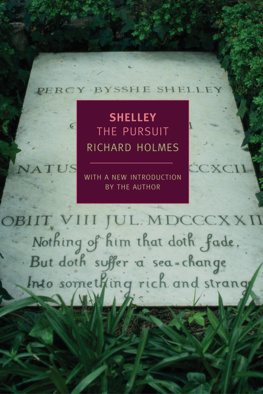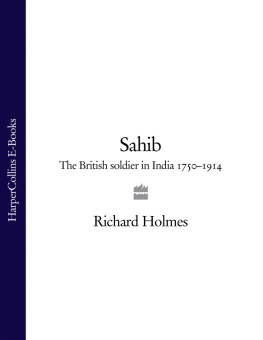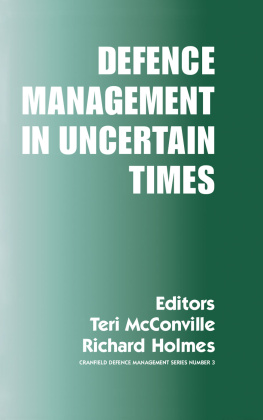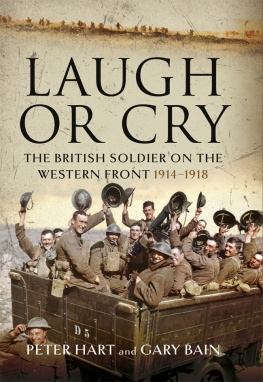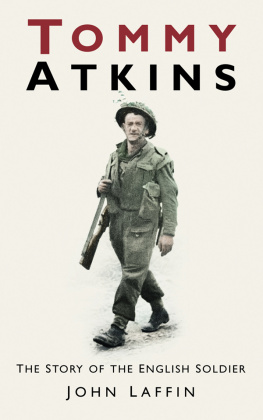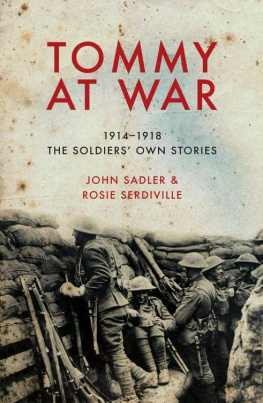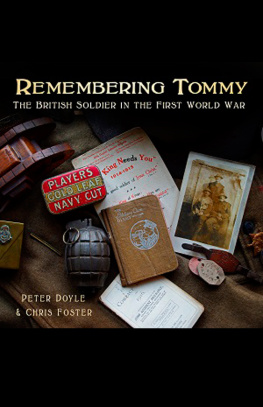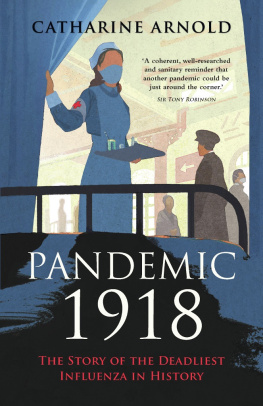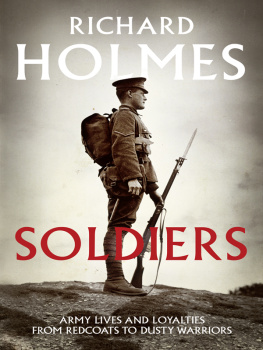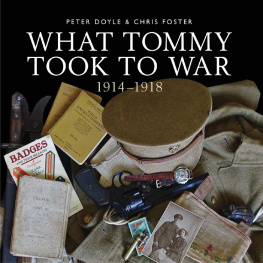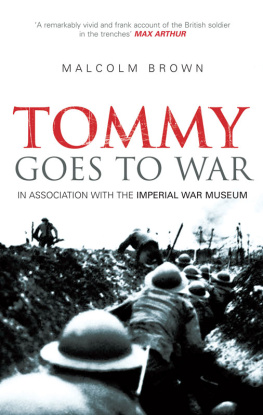Contemporaries instinctively called it Great: La Grande Guerre, Weltkrieg, and we can easily see why. Of course it was not the largest single event of world history: that ghastly honour must go to the Second World War, which in terms of human suffering and material destruction was infinitely worse for the world as a whole. But for Britain alone the First World War caused more casualties, which partly accounts for the fact that it is remembered in a particular way here. Many who lived through both conflicts agreed with Harold Macmillan and J. B. Priestley that the First World War was a more significant watershed than the Second. Barbara Tuchman may have been the first to use the analogy of 191418 as an iron gate separating the present from the past, and it has proved to be an enduring and powerful image ever since.
So there it lies, overgrown, like the trenches that still lace the landscape of Northern France, but somehow dug deep into our consciousness. And it usually enters our minds not as history, but as literature. One of the problems with trying to write about the First World War is that most people have already read Wilfred Owen and Siegfried Sassoon, Pat Barker and Sebastian Faulks before you get to them. I am certainly not the first historian to complain that it was far too literary a war. Cyril Falls began the process even before the Second World War; Correlli Barnett continued the movement thirty years ago and only last year, Brian Bonds important book The Unquiet Western Front fired yet another well-aimed burst into an enemy who shows little sign of falling, but lurches on, stick grenades in hand, intent on doing yet more mischief to our understanding. Professor Bond suggests that the real historical war abruptly ceased to exist in November 1918. What followed was the resurrection and reworking of the war largely in terms of novels, memoirs and war literature in general. Indeed, Paul Fussell, in his influential book The Great War and Modern Memory, maintained that the war was uniquely awful and as such lay outside history, explicable primarily through its literature.
This process has not simply affected the way we think of history: it strikes a resonance through the present and on into the future. Omer Bartov described what he termed the invention of memory when he considered the effect of war literature in both France and Germany. Experience of loss and trauma extends beyond personal recollection, he argued, and comes to encompass both individual and collective expectations of the future. It seems to me that Bartov has identified a key element of the process. By studying the war as literature we do not simply colour our view of the past and make it all but impossible to teach the war as history. We go on to tint our picture of the present and our image of the future too. When Second World War soldiers wanted to describe something going particularly badly they spoke of The biggest balls-up since the Somme. For years it was impossible to attend a military presentation without a clip of Blackadder Goes Forth discussing the strategic imperative of inching Field Marshal Haigs drinks cabinet closer to Berlin, and in the first Gulf War British camps in the desert were named after Captain Blackadder and his cronies.
No sooner had its last shot echoed away than some participants recognised that the war they knew was being hijacked. Charles Carrington, who won his Military Cross as an infantry officer at Passchendaele, complained:
It appeared that dirt about the war was in demand Every battle a defeat, every officer a nincompoop, every soldier a coward.
Cyril Falls, a veteran turned Oxford don, saw how:
Every sector became a bad one, every working party is shot to pieces; if a man is killed or wounded his entrails always protrude from his body; no one ever seems to have a rest Attacks succeed one another with lightning rapidity. The soldier is represented as a depressed and mournful spectre helplessly wandering about until death brought his miseries to an end.
In practice it was not that simple, for many of the men writing in the 1920s and 1930s Robert Graves and R. C. Sherriff amongst them were actually ambiguous about the war, and actively resented being termed anti-war authors.
Ambiguity became less marked as the war receded. Oddly enough, this happened at precisely that moment when, had the war been considered primarily as history, the appearance of a wide range of new sources, not least the first of the official histories, might have been expected to have broadened understanding. Erich Maria Remarques All Quiet on the Western Front, first published in 1929 and made into a film the following year, was an important milestone. Remarques own experience of the war was very limited. He never actually fought in the trenches, was slightly wounded by shrapnel, and after the war was censured for posing as a decorated officer. The undaunted Charles Carrington was infinitely more experienced, and was indeed what Remarque pretended to be. But All Quiet struck a powerful chord with many veterans looking back at the war from the deep disillusionment of the late 1920s, and in a sense more accurately reflects the state of its author and his friends in 1929 than the condition of the German army twelve years before.
Alongside the evolution of a literary cult which, by and large, came to see the war as waste built on futility and compounded by human error, there grew up a historical genre which was scarcely less influential. During the war there had been two major schools of strategic policy in Britain. One, the Easterners, took their tone from a letter written by Lord Kitchener to Sir John French, British commander in chief on the Western Front, at the very beginning of 1915 Kitchener suggested that the German lines in France might well be a fortress which cannot be taken by assault, and suggested that there might be merit in looking elsewhere. Gallipoli and Salonika were both offspring of this logic. The other, the Westerners, would have agreed with Sir Douglas Haig, who took over as commander in chief in late 1915, that the war could only be won by beating the German army in the field. And as Haig announced in his final dispatch, this could only be accomplished by one great continuous engagement.
What happened in the 1920s and 1930s is that the Easterners, who had shown little sign of winning the war, certainly won the historical argument. Churchills The World Crisis lambasted offensives on the Western Front which were, he declared, as hopeless as they were disastrous. Churchill had served as a cavalry officer, charging at Omdurman in 1898, and had been a battalion commander on the Western Front in early 1916. I can forgive him much on those counts alone: whatever he lacked it was not physical courage. But what of Lloyd George, whose mid-1930s Memoirs announced the bankrupcy of narrow, selfish and unimaginative strategy and [the] ghastly butchery of a succession of vain and insane offensives? He accused generals not simply of professional incompetence and ignorance of the real conditions, but of personal cowardice. These accusations gloss over the fact that, as prime minister, Lloyd George had a direct personal responsibility for the very strategy he criticised. And Lloyd George was not right to carp about the cowardice of First World War generals. About fifty-eight were killed, or died of wounds received. Three divisional commanders were killed at Loos in September 1915, more British divisional commanders than were killed by enemy fire in the whole of the Second World War.


